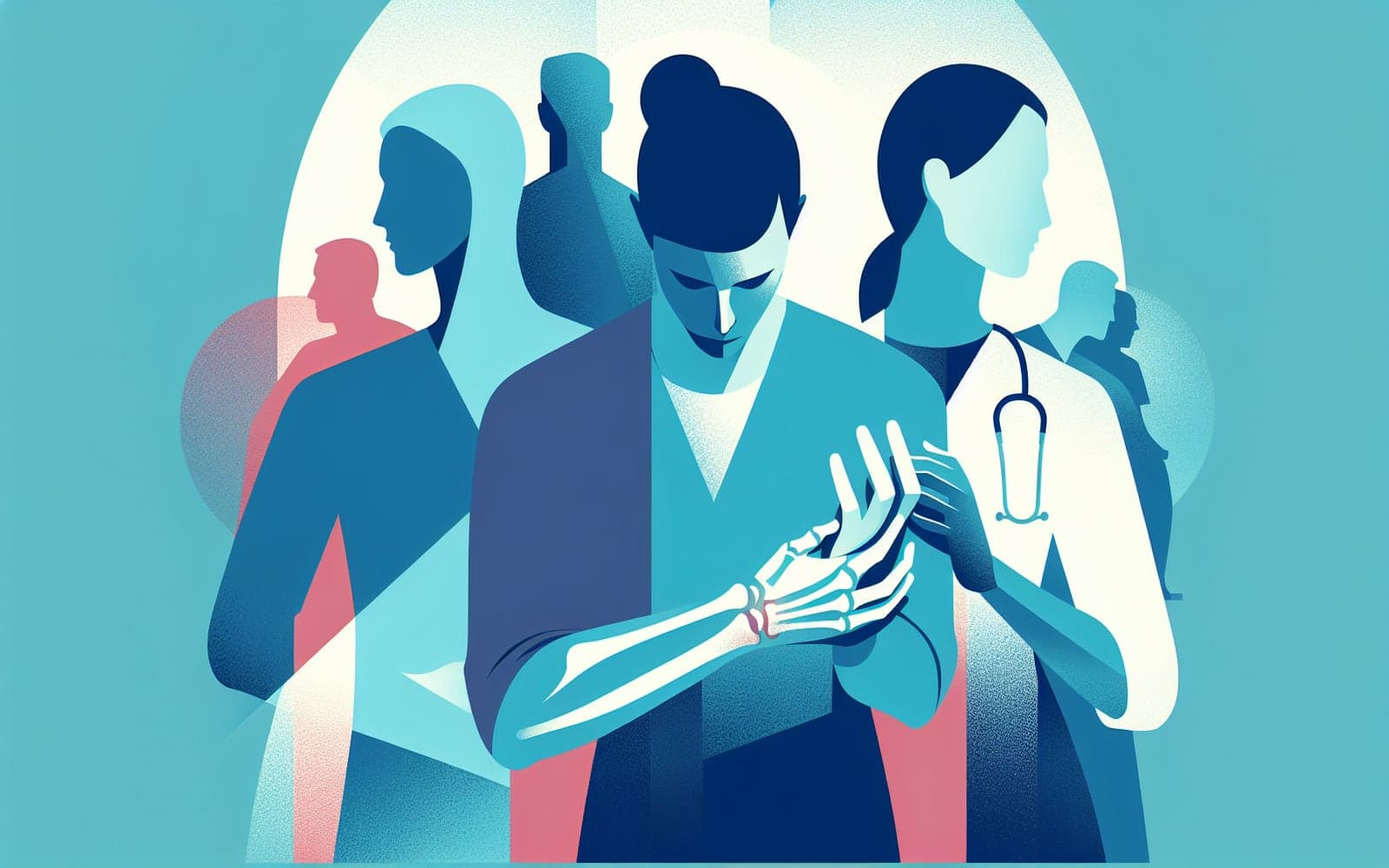Are You at Risk for Joint Pain? Here's What You Need to Know
Published: Jul 20, 2024
Understanding the risk factors for joint pain can help you take preventive measures. Learn what might increase your risk and how to manage it.
Contents
Common Risk Factors
Risk factors for joint pain include age, obesity, and a history of joint injuries. Certain occupations that involve repetitive stress on joints can also increase risk. Knowing these factors can help you make lifestyle adjustments to protect your joints.
Genetic and Environmental Influences
Genetics play a role in conditions like rheumatoid arthritis, making family history an important factor. Environmental factors, such as exposure to certain infections or living in Lyme disease-prone areas, also contribute to risk. Being aware of these can prompt timely preventive care.

Lifestyle Considerations
Maintaining a healthy weight and engaging in regular physical activity can significantly reduce your risk of joint pain. Avoiding smoking and limiting alcohol consumption also contribute to joint health. These lifestyle choices are within your control and can make a big difference.
Frequently Asked Questions
Age, obesity, and joint injuries are common risk factors.
Yes, especially with conditions like rheumatoid arthritis.
Healthy weight and exercise can lower joint pain risk.
Exposure to infections and living in Lyme disease areas increase risk.
Key Takeaways
Understanding risk factors can guide preventive measures for joint health.
Talk with Doctronic to learn more about managing your joint pain risks.Related Articles
References
Siva C, Velazquez C, Mody A, Brasington R. Diagnosing acute monoarthritis in adults: a practical approach for the family physician. Am Fam Physician 2003; 68:83.
Always discuss health information with your healthcare provider.

